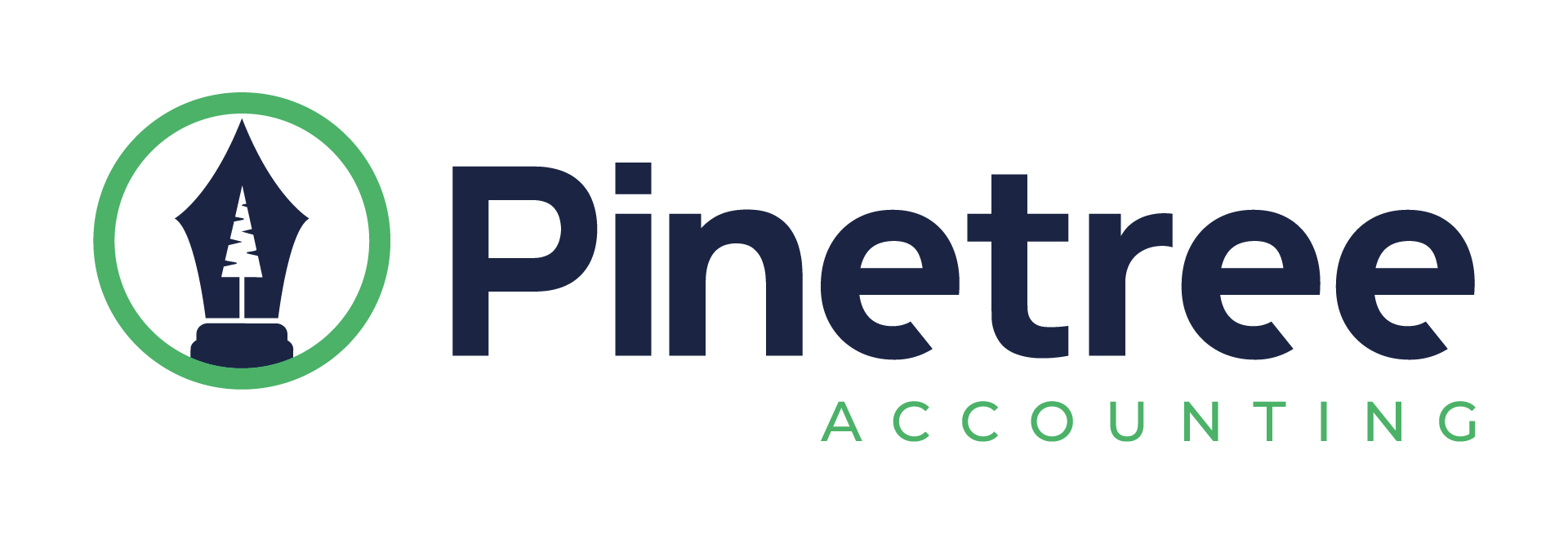Understanding the Audit Frequency for Hong Kong Businesses
All companies incorporated in Hong Kong are legally required to conduct an audit of their financial reports every year. This auditing process is essential for ensuring compliance with the Hong Kong Companies Ordinance and for providing an accurate and reliable assessment of the company’s financial statements and reports.
In the dynamic financial landscape of Hong Kong, adhering to statutory requirements, including audit frequency, is crucial for businesses to maintain compliance and ensure financial accuracy. This article explores the key aspects of audit frequency for Hong Kong companies, offering insights into the legal obligations and best practices.
The Legal Framework for Audits in Hong Kong
Hong Kong’s business environment, being a global financial hub, imposes specific auditing obligations on companies. Under the Hong Kong Companies Ordinance, all companies incorporated in the region must undergo an annual financial audit. This process is governed by the Hong Kong Institute of Certified Public Accountants (HKICPA), ensuring that the audit adheres to the Hong Kong Standards on Auditing (HKSAs).
Annual Audit: A Mandatory Requirement
Every Hong Kong company is required to prepare annual financial statements and have them audited by a qualified auditor. These financial statements include a balance sheet, income statement, and cash flow statement, providing a transparent view of the company’s financial health.
The Audit Process: Ensuring Compliance and Accuracy
The audit process in Hong Kong is comprehensive, designed to evaluate a company’s financial information thoroughly. It begins with planning and understanding the company’s business model and risks, followed by testing and evaluating internal controls, analyzing financial data, and reporting. This detailed process ensures that the company’s financial statements accurately represent its fiscal position and performance.
Hong Kong Company Audit Process Overview
| Step in the Audit Process | Description | Timeline |
|---|---|---|
| Financial Statement Preparation | Companies prepare key financial documents including balance sheets, income statements, and cash flow statements. | Throughout the financial year |
| Document Organization | Gathering and organizing bank statements, invoices, receipts, and other relevant accounting records. | Prior to the audit |
| Appointment of Auditor | Hiring a certified public accountant registered with the HKICPA to conduct the audit. | Before the end of the financial year |
| Audit Execution | The auditor conducts the audit, which includes planning, internal control evaluation, data analysis, and testing. | Immediately after the financial year-end |
| Audit Reporting | The auditor prepares and presents an audit report outlining findings, financial statement accuracy, and any internal control issues. | Within a few weeks/months after the audit |
| Submission to IRD | Filing the audited financial statements and related documents with the Hong Kong Inland Revenue Department. | Typically within one month from the issue date of the PTR |
Documents Preparation: A Key Step in Audit Compliance
For an efficient audit process, companies must prepare and organize essential documents, including bank statements, invoices, financial statements, expense receipts, and other relevant accounting records. This meticulous preparation facilitates a smoother audit process, ensuring that all financial transactions and records are accurately represented.
Reporting and Filing: Meeting Deadlines and Regulatory Demands
After the audit, companies must file their audited financial statements with the Hong Kong Inland Revenue Department (IRD), typically within one month from the date of issue of the Profits Tax Return (PTR). Timely submission is critical to avoid penalties and maintain good standing with regulatory authorities.
Why Regular Audits Matter for Hong Kong Companies
Regular audits are not just a legal formality; they offer numerous benefits, including:
- Financial Transparency: Audits provide a clear and accurate picture of a company’s financial status, essential for decision-making and strategic planning.
- Regulatory Compliance: Adhering to audit requirements ensures compliance with Hong Kong’s financial regulations, avoiding legal repercussions and fines.
- Investor and Stakeholder Confidence: Regular audits build trust and credibility among investors, stakeholders, and financial institutions.
- Identification of Internal Weaknesses: The audit process can uncover internal control deficiencies, providing an opportunity for improvement and risk mitigation.
Leveraging Professional Expertise for Audit Compliance
Given the complexity and importance of the audit process, Hong Kong companies often seek the expertise of professional accounting firms like Pinetree. With their deep understanding of Hong Kong’s audit requirements and skilled team of certified accountants, firms like Pinetree offer comprehensive audit support, ensuring that businesses meet their compliance obligations efficiently and effectively.
Final Thoughts
In conclusion, the frequency of conducting an audit for a Hong Kong company is annually, as mandated by the Hong Kong Companies Ordinance. This regular audit cycle is vital for maintaining financial integrity, complying with legal requirements, and fostering business growth. Companies in Hong Kong, particularly those looking to streamline their audit process and ensure compliance, can rely on experienced accounting firms for expert guidance and support.
Key Takeaways
- Hong Kong companies are legally required to conduct an annual audit every year.
- Preparation of detailed financial statements is crucial for a smooth audit process.
- Timely submission of audited reports to the IRD is essential to avoid penalties.
- Regular audits enhance financial transparency and compliance.
- Professional accounting services can provide invaluable support in navigating the complexities of Hong Kong’s audit requirements.
For more insights into audit processes and compliance in Hong Kong, reach out to Pinetree, located in Tsim Sha Tsui, for expert guidance and assistance.





